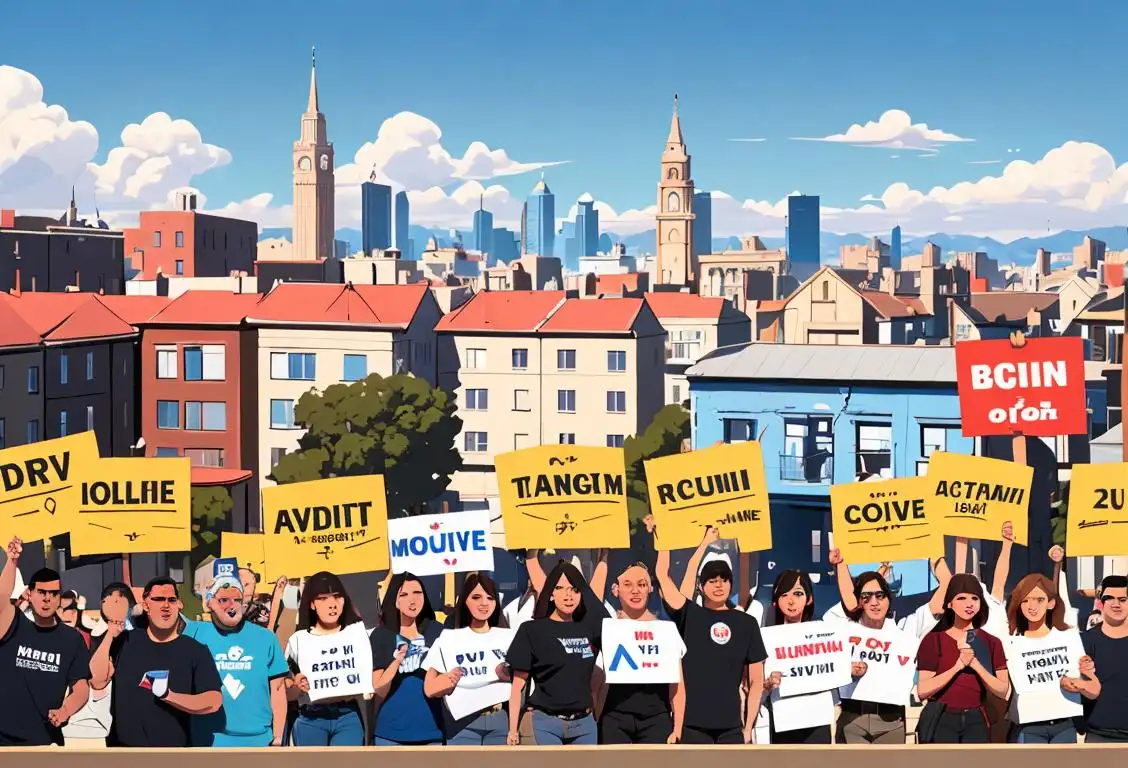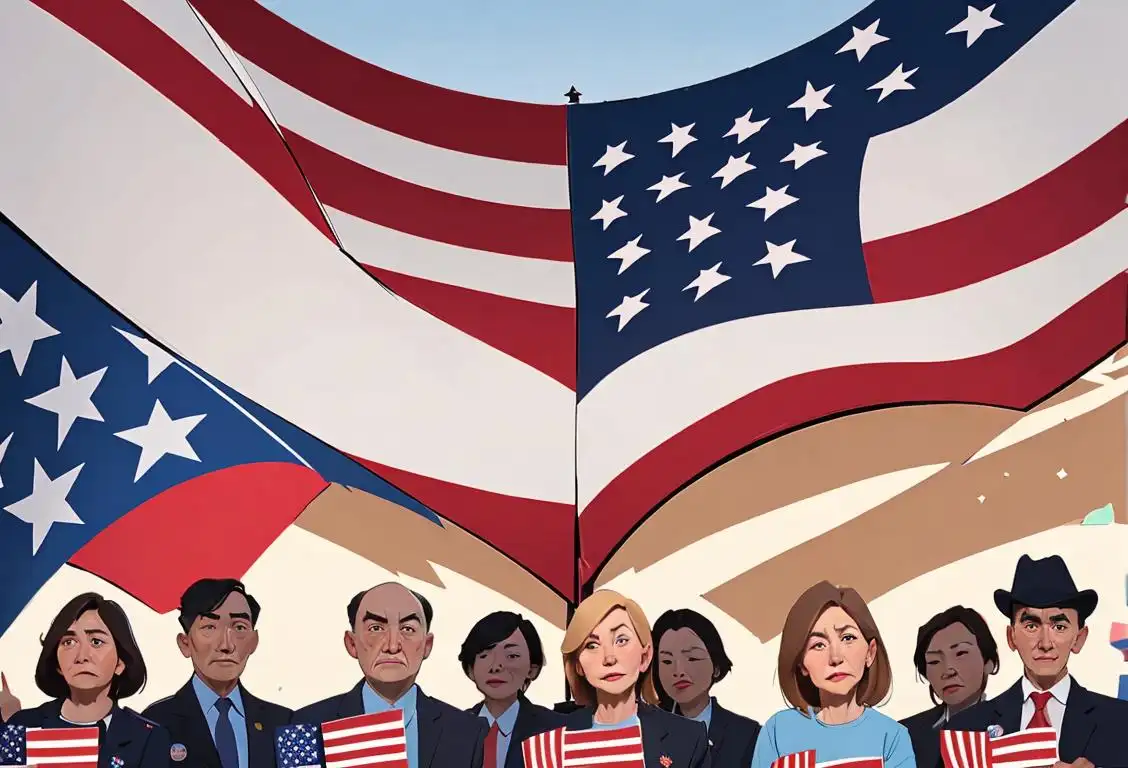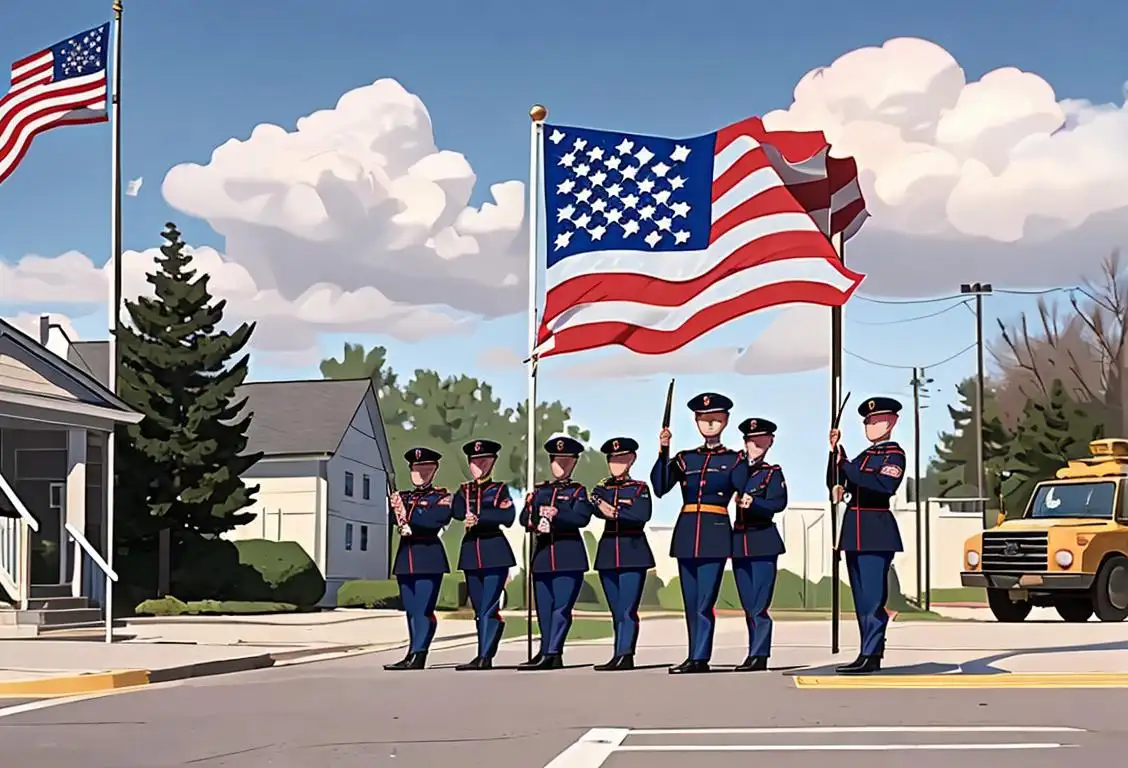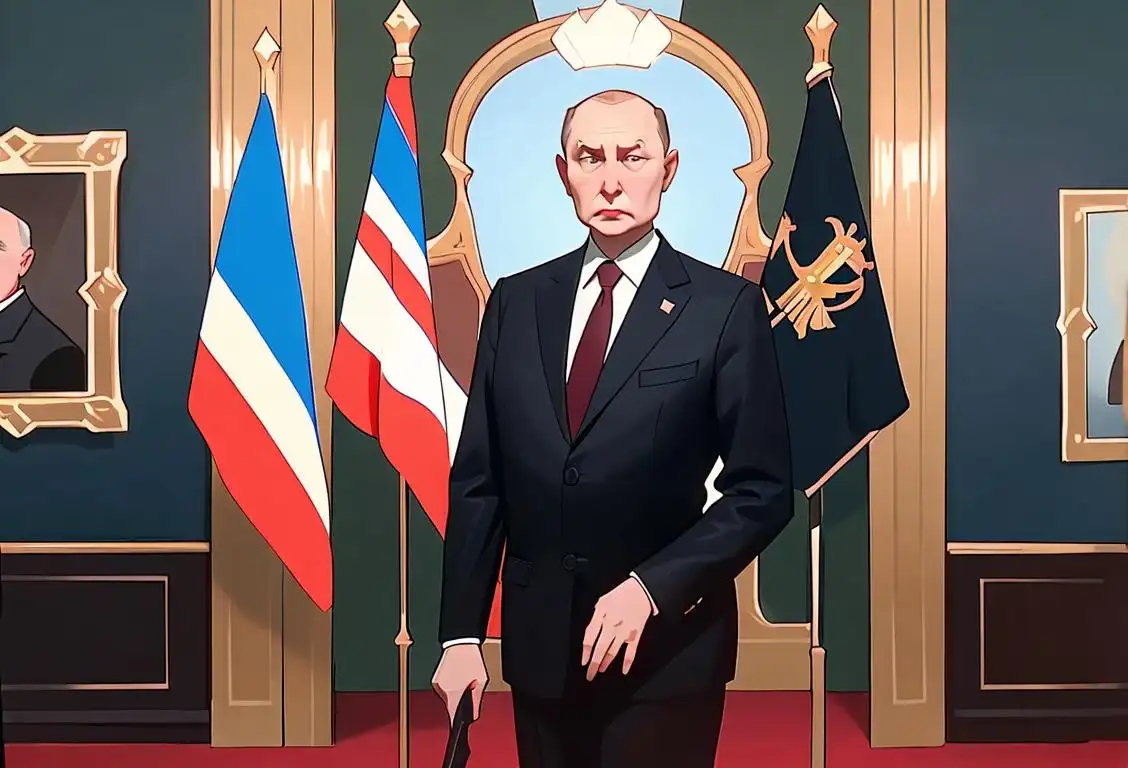National Polls Before Election Day

Welcome to WhatNationalDayIsIt.com, where we unravel the fascinating history behind national days! Today, we're diving into the world of pre-election national polls. Strap on your virtual political seatbelt, as we explore the ins and outs of this captivating topic.
When is Polls Before Election Day?
It's national polls before election day on the 13th September.
The Intrigue of Pre-Election National Polls
Oh, the excitement leading up to Election Day! But have you ever wondered how politicians and pundits predict the outcome of our grand democratic process? Well, national polls play a crucial role in shaping our understanding of voter sentiments. These surveys collect data from registered voters across the country, providing valuable insights into their opinions, preferences, and attitudes.
From telephone interviews to online questionnaires, pollsters employ various methods to gather this data. They carefully select a representative sample of the population and then use statistical techniques to provide estimates of voter behavior. These national polls are eagerly followed by political enthusiasts, campaigns, and media outlets, as they can help shape campaign strategies and inform public discourse.
However, it's important to remember that national polls are just snapshots in time. Political landscapes can shift rapidly, and events can sway voter opinions. So, while these polls can offer valuable insights, they aren't crystal balls predicting election outcomes with absolute certainty.
It's worth noting that pollsters and analysts are well aware of the limitations and challenges associated with creating accurate national polls. Factors like sample bias, non-response bias, and question wording can all impact the results. That's why it's crucial to interpret these findings with a hint of skepticism and rely on a combination of data sources and expert analysis to get a well-rounded understanding of the political landscape.
History behind the term 'Polls Before Election'
1936
The Birth of Opinion Polls
In the year 1936, the term 'polls before election' first came into existence with the introduction of opinion polls during the United States presidential election. The Literary Digest, a popular American magazine at the time, conducted a massive opinion poll involving millions of voters. Unfortunately, their prediction for the election turned out to be inaccurate, leading to skepticism about the reliability of polls.
1948
The Truman vs. Dewey Election
The 1948 presidential election between Harry S. Truman and Thomas E. Dewey is a significant moment in the history of 'polls before election.' This election showcased a major polling failure when pollsters, such as Gallup and Roper, incorrectly predicted Dewey's victory. The incorrect predictions caused embarrassment and raised doubts about the accuracy of polls among the general public and politicians.
1960
Television's Influence and the Kennedy-Nixon Debate
The 1960 presidential election brought a new dimension to the impact of 'polls before election' with the advent of television. The famous Kennedy-Nixon debate was the first-ever televised presidential debate, and it significantly influenced public opinion. The polls conducted after the debate indicated that those who watched it on television believed John F. Kennedy won, while those who listened on the radio considered Richard Nixon the winner. This highlighted the influence of the medium and its potential impact on poll results.
1972
Watergate Scandal and the 'Silent Majority'
During the 1972 United States presidential election, the term 'polls before election' gained additional prominence due to the Watergate scandal. President Richard Nixon's approval ratings remained high in the polls, mainly due to his 'Silent Majority' speeches, where he claimed to represent the conservative majority. However, the subsequent exposure of the Watergate scandal led to a decline in his approval ratings, revealing the potential disconnect between polls and the reality of public sentiment.
2000
The Controversial Florida Recount
The 2000 United States presidential election witnessed a notable milestone in the history of 'polls before election.' The race between George W. Bush and Al Gore was incredibly close, leading to a recount in Florida. The media's reliance on exit polls during the recount caused confusion and inconsistencies, further highlighting the limitations of polls in accurately predicting election outcomes. The contested election outcome increased awareness of the complexities involved in interpreting polling data.
Present
Continued Importance and Evolving Methods
Today, 'polls before election' continue to play a crucial role in informing public discourse and political strategies. With advances in technology, polling methods have evolved, incorporating internet surveys, social media sentiment analysis, and more. However, questions about sample bias, response rates, and predicting voter behavior accurately persist. 'Polls before election' have become a topic of interest during every election cycle, shaping campaign strategies and influencing public perceptions.
Did you know?
Did you know that the Gallup Poll has been collecting data on national elections since the 1930s? That's decades of political insight!Tagged
awareness fun politicsFirst identified
13th September 2019Most mentioned on
13th September 2019Total mentions
86Other days
Security Aide Michael Flynn Occurred The Day
Polling Average On Election Day
Guard Troops To Polling Locations On Election Day
Security Adviser Called Russian Envoy Day
Intelligence Releases Russian Disinformation Designed To Smear Hillary Clinton On The Day
Dump Trump Day
Poll Worker Recruitment Day
Term Limits Day
Run For Office Day
No Collusion Day








